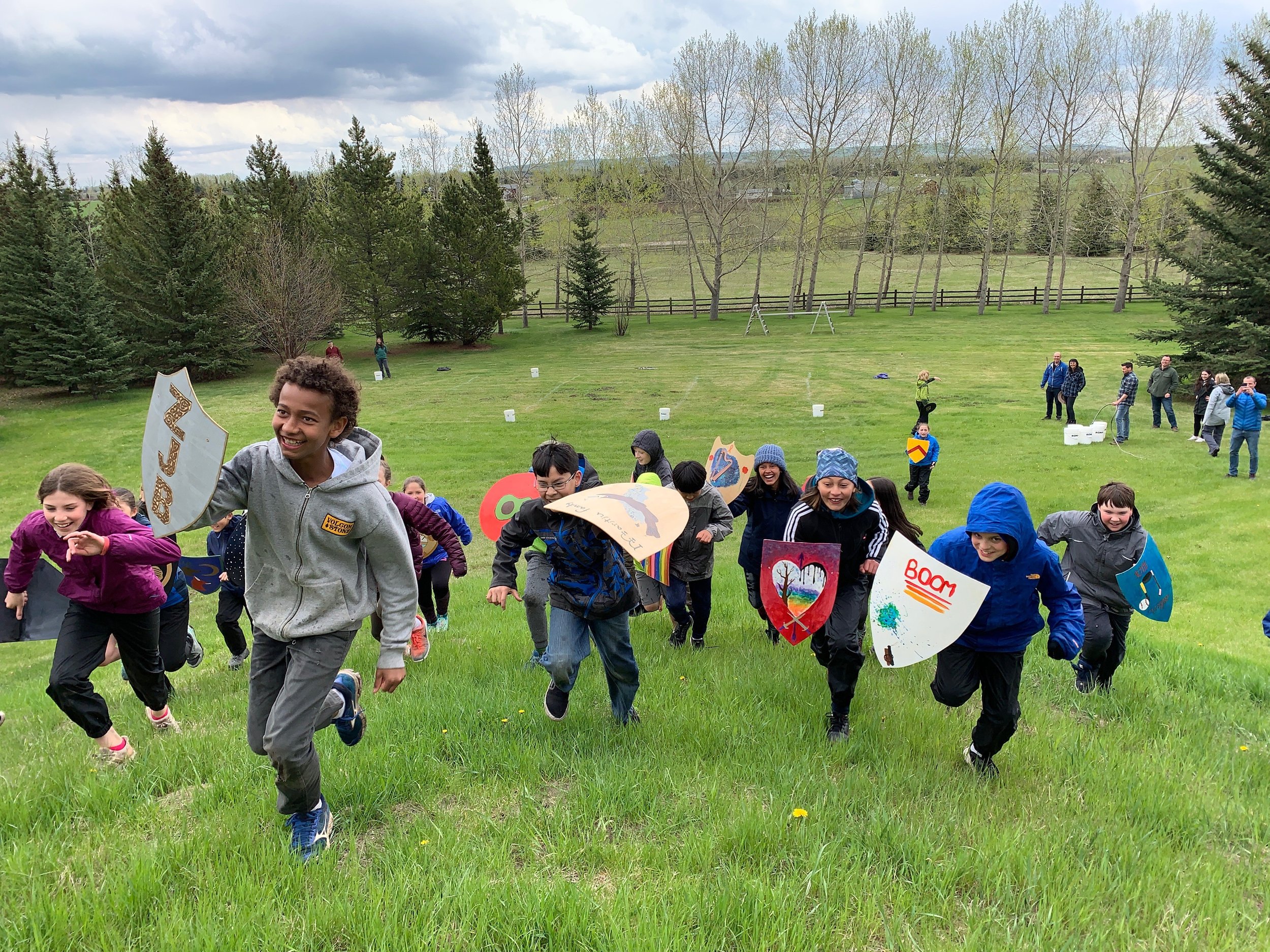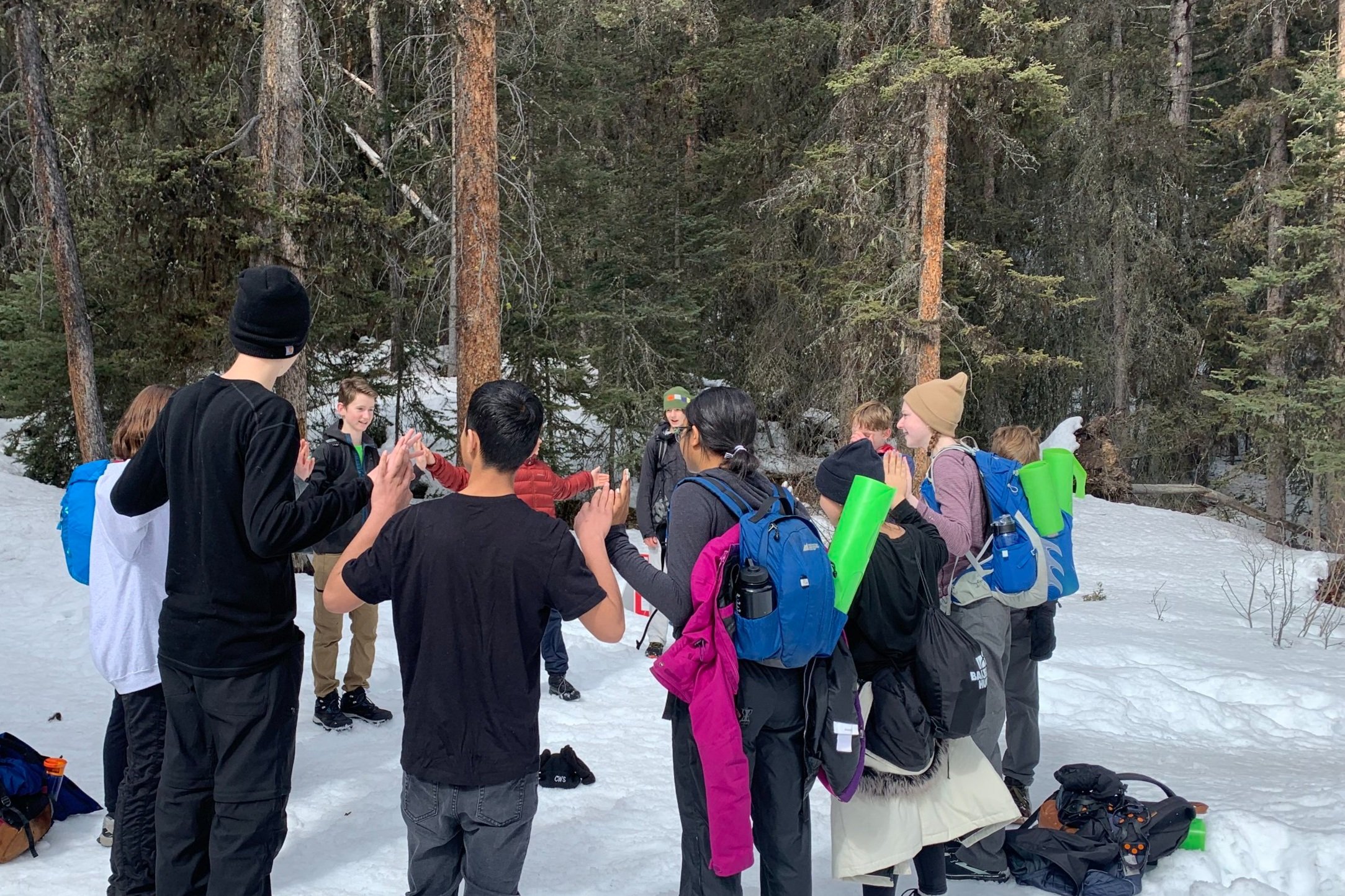
Outdoor Program
Building relationships with nature and each other
Outdoor education involves students in new and dynamic experiences outside of the classroom. Through these experiences, students gain an appreciation for outdoor living, travel, general recreation, and local geography, as well as working on lifelong skills in leadership, teamwork, resiliency, and decision making.
In early childhood time in nature and unstructured play is built into every student's daily, weekly, and yearly rhythms. Physical fitness builds self-confidence and self-esteem, laying the foundation for a happy, healthy, and fulfilling life. The younger child experiences a sense of “place” in our uniquely-developed kinderyard, tending to the veggie gardens, playing in a dry riverbed, building in the sand pit, and frolicking in open spaces.
As children progress through the grades, they grow into conscious awareness and control of their bodies. In the lower grades, outdoor activities often include skating, tobogganing, and nature walks. Starting in Grade Four, classes venture further into their geographical surroundings for cross-country skiing, biking, camping, and rock climbing.
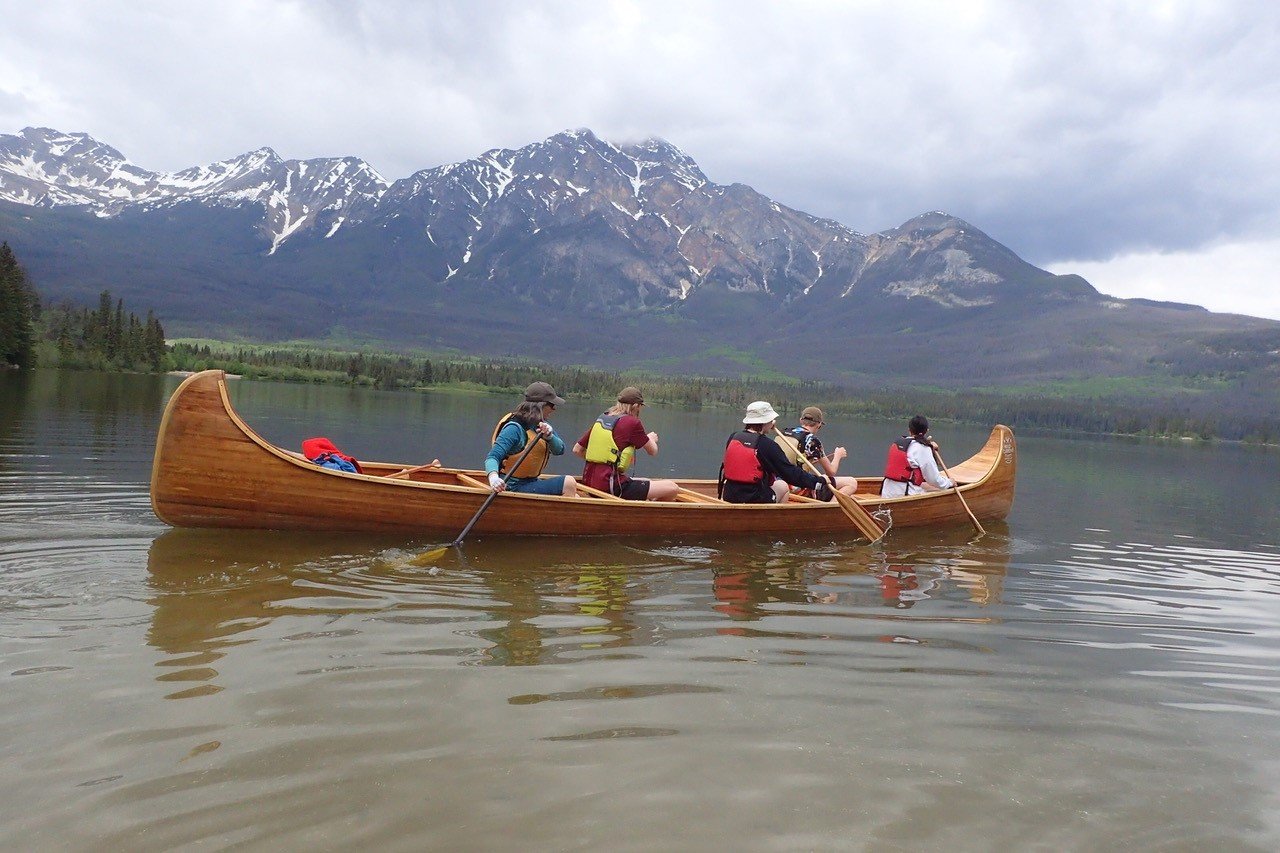
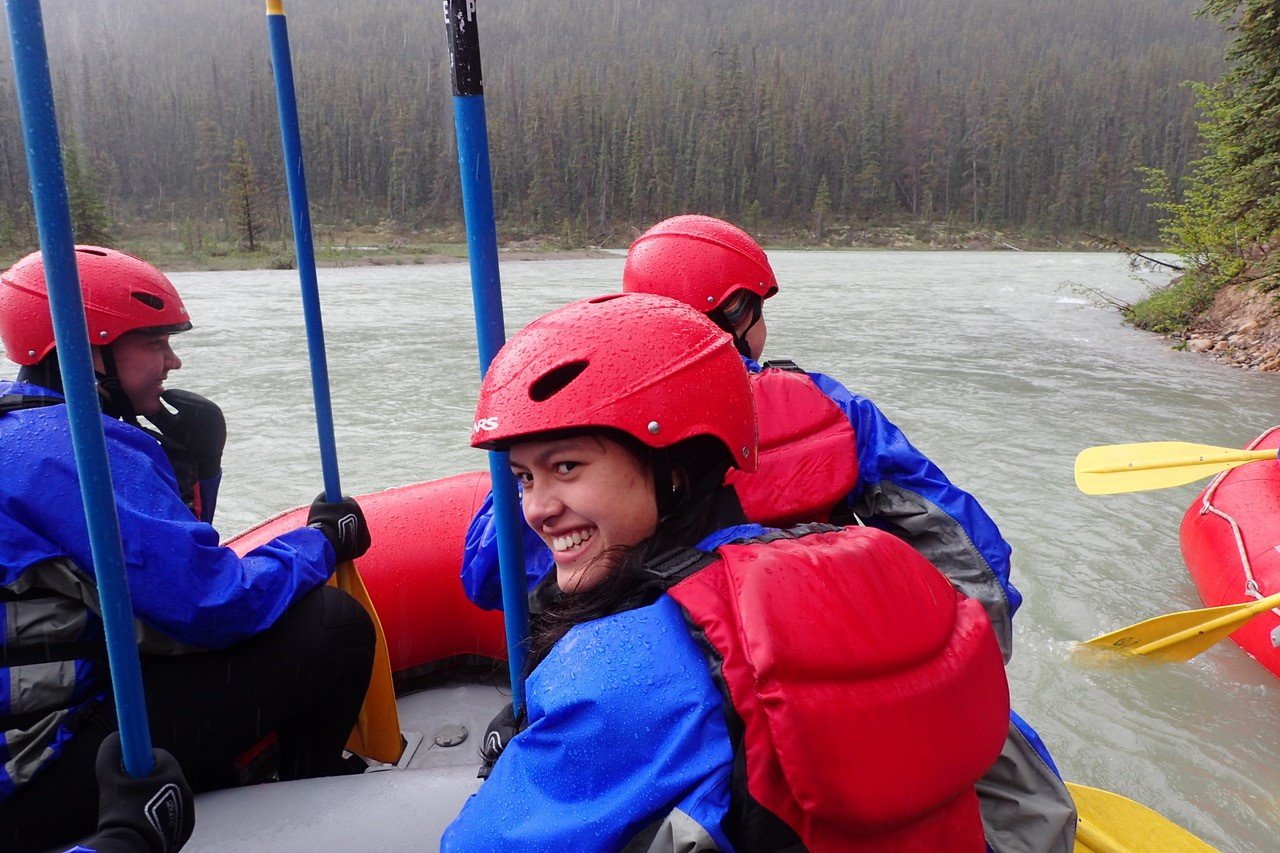
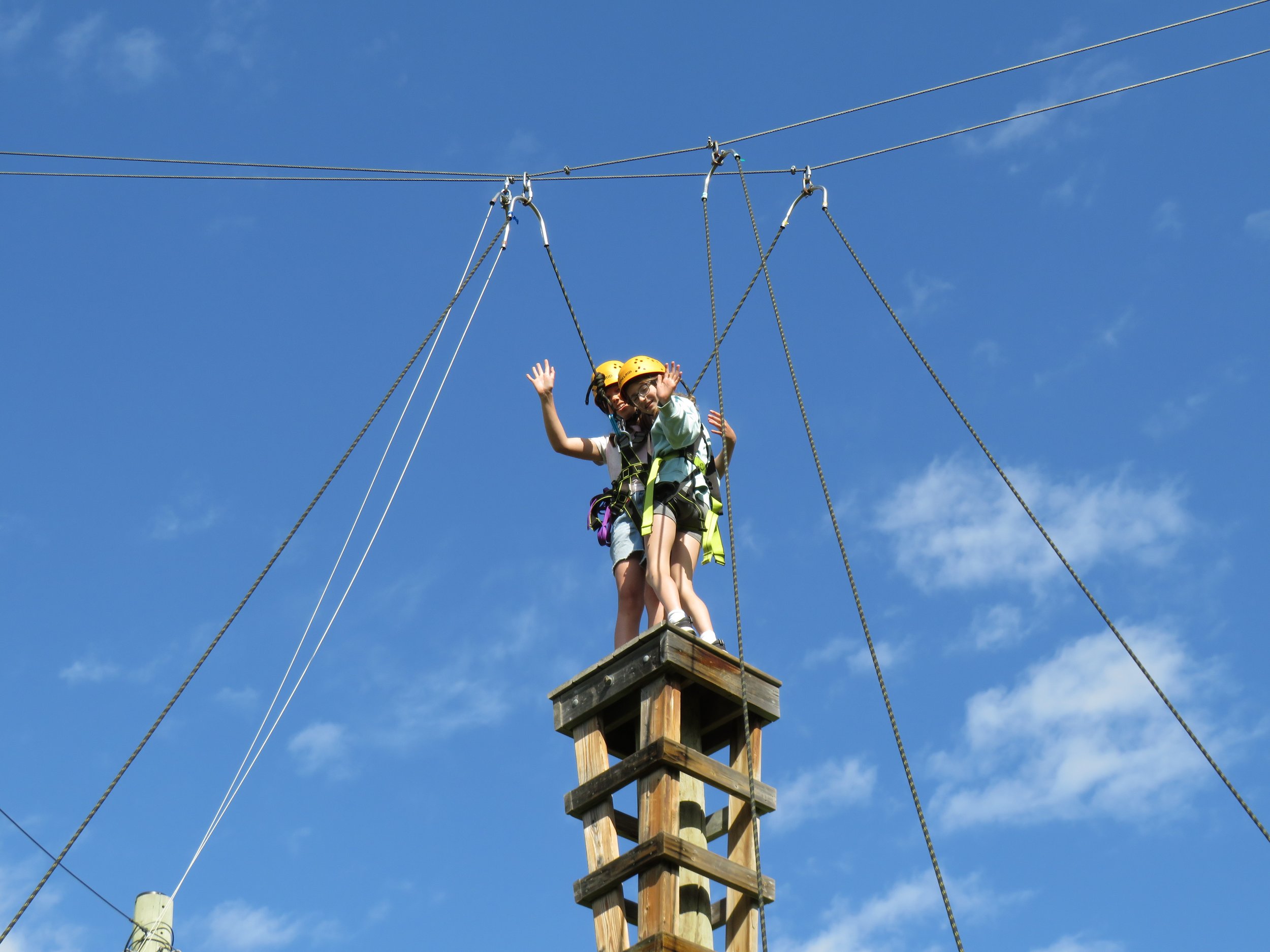
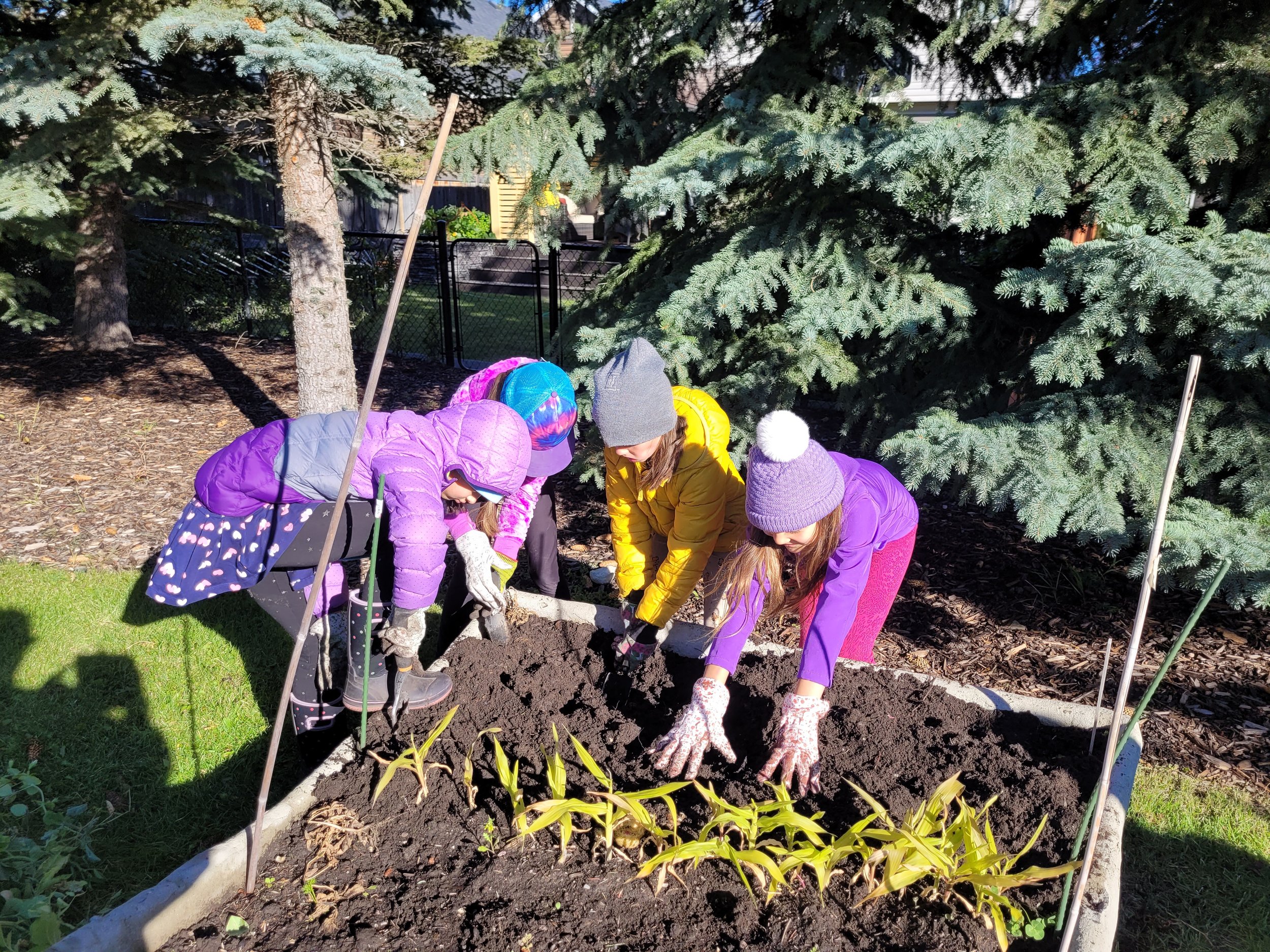

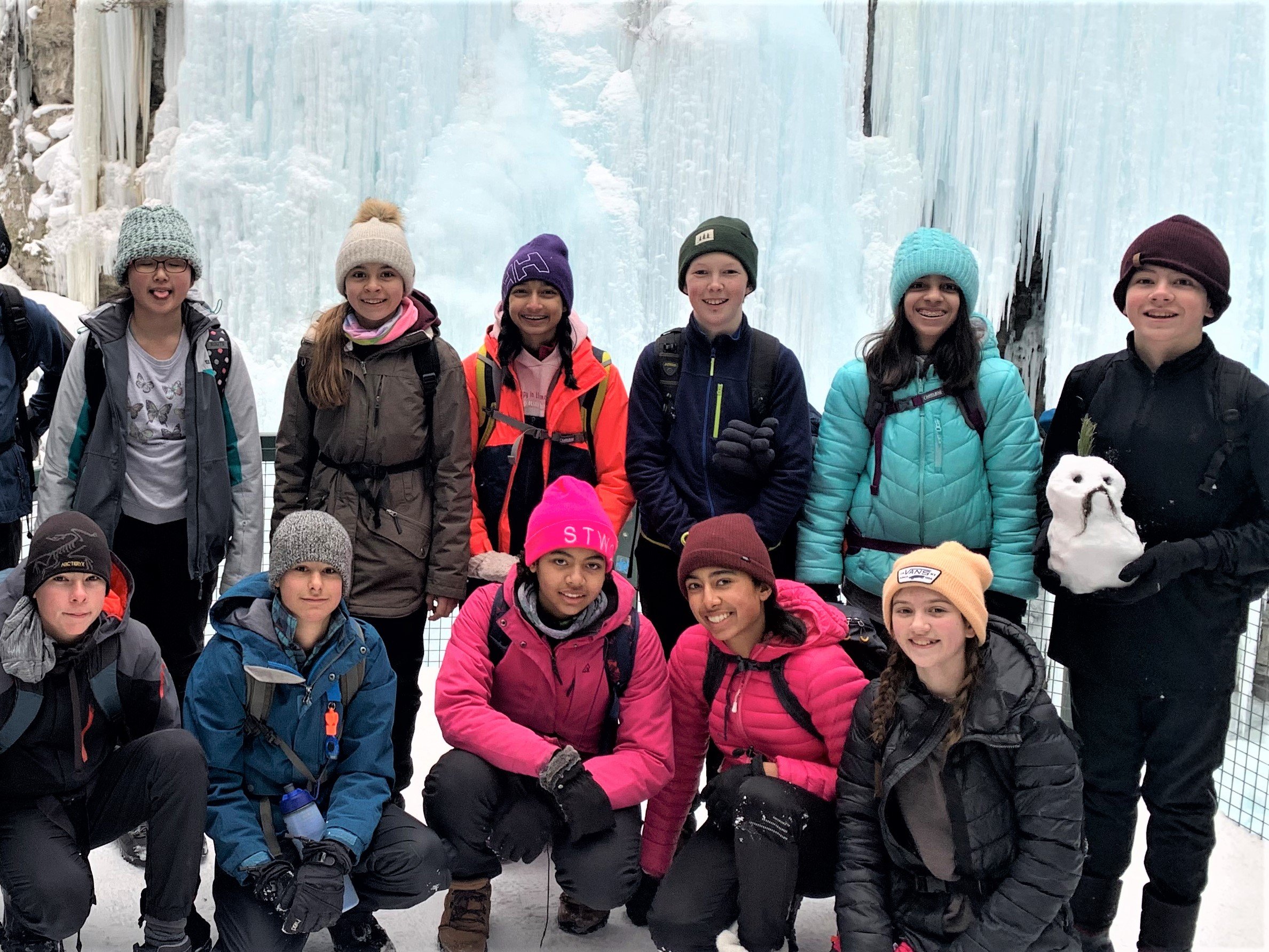
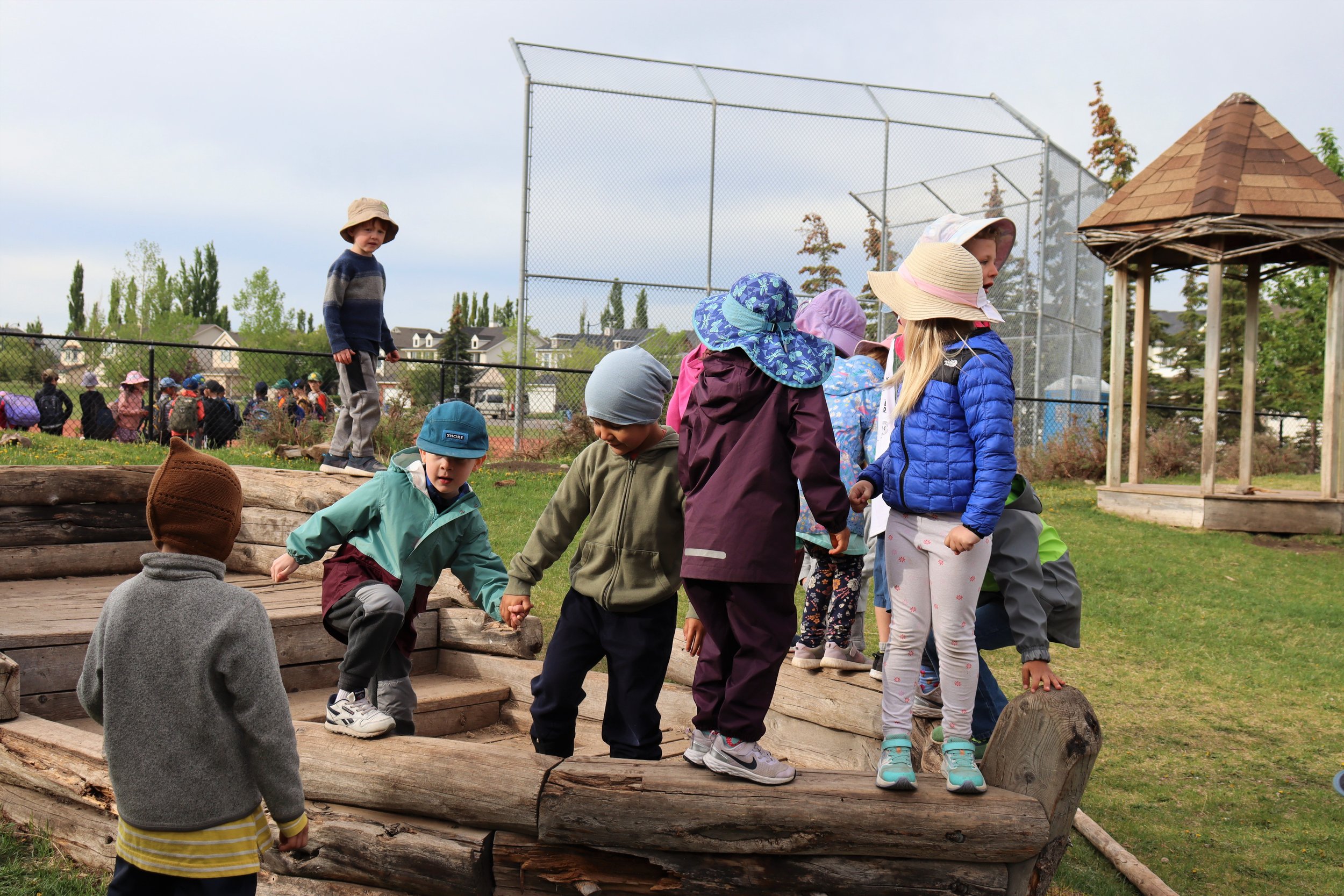
-
Passion is lifted from the earth itself by the muddy hands of the young; it travels along grass-stained sleeves to the heart. If we are going to save environmentalism and the environment, we must also save an endangered indicator species: the child in nature.
Richard Louv, Last Child in the Woods: Saving Our Children from Nature-Deficit Disorder
